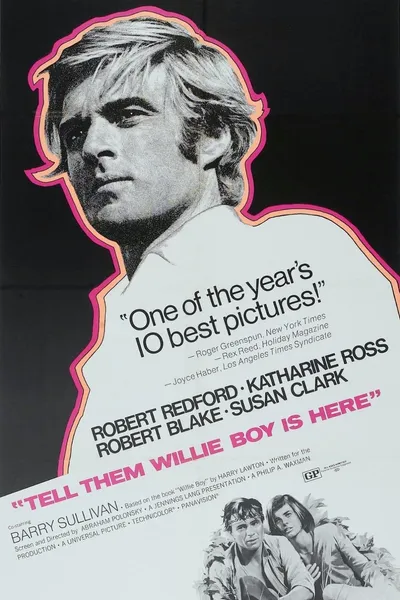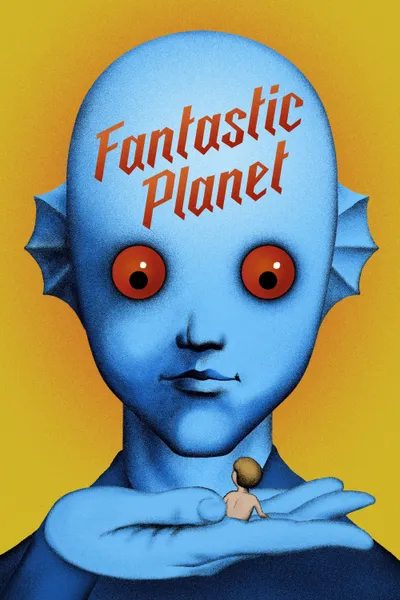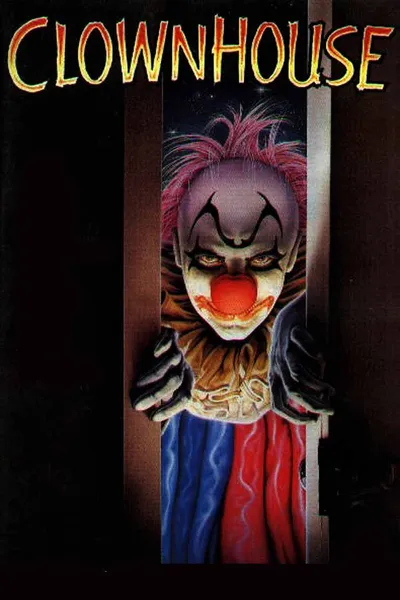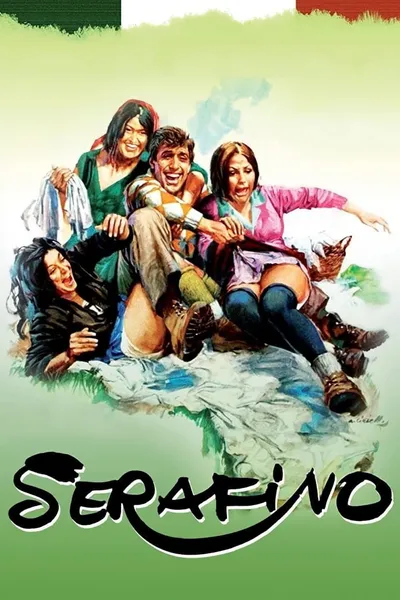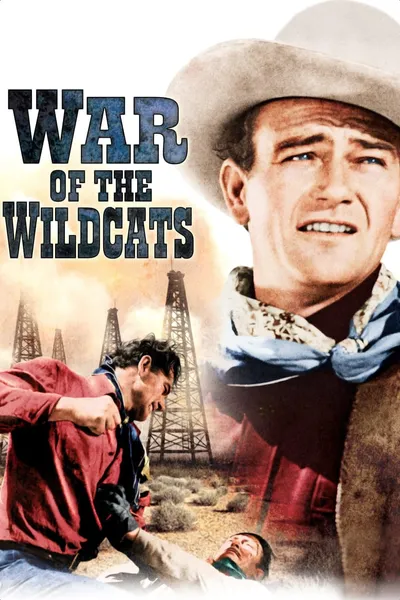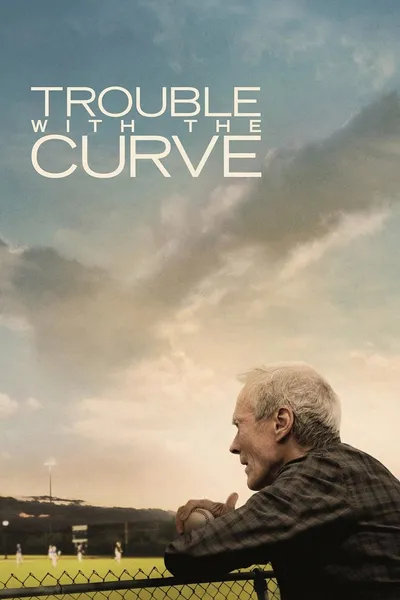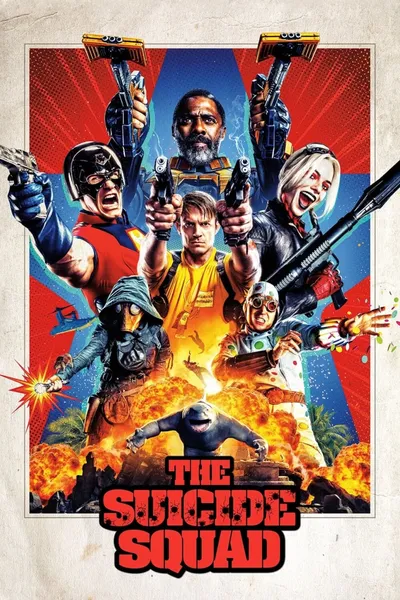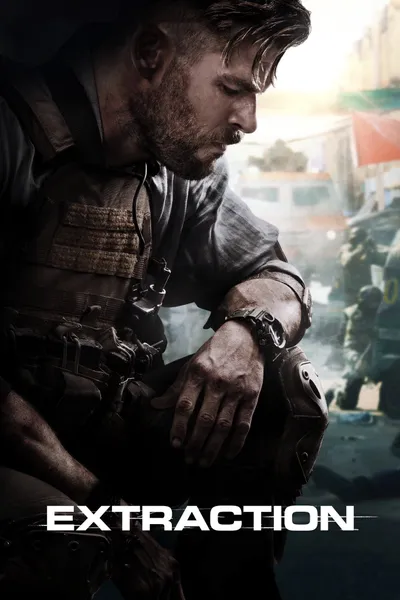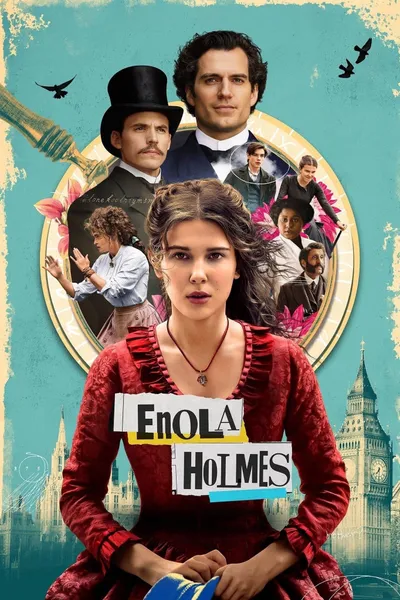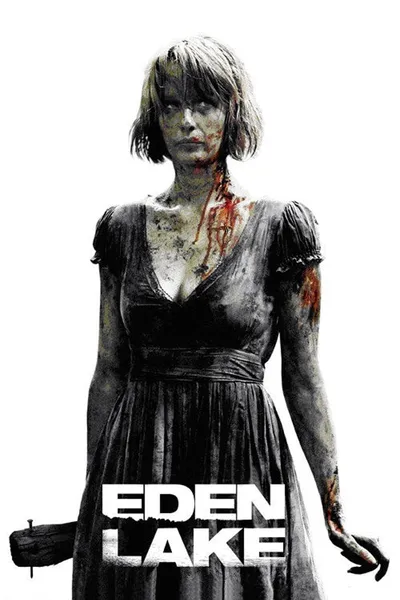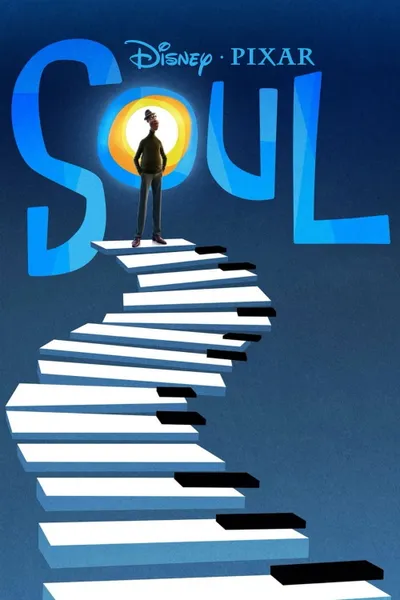Reviews

Wuchak
September 11, 20185.0
Great desert scenery, modern filmmaking and great cast, but it absurdly rewrites history
Loosely based on the true story of the West’s last famous manhunt in 1909, a Chemehuevi-Paiute Indian named Willie Boy (Robert Blake) kills a man in self-defense and escapes into the desert wilderness with an Indian woman (Katharine Ross). They are pursued by a posse led by Sheriff Cooper (Robert Redford). Meanwhile, residents of the region are preparing for a visit from President Taft.
Redford was in his prime after his breakthrough success with “Butch Cassidy and the Sundance Kid” (1969) and the outstanding “Downhill Racer” (1969). “Tell Them Willie Boy Is Here” came out next and was critically acclaimed. While a modest hit, it failed to achieve the success of the other two films, especially “Butch Cassidy.” It has since fallen into nigh obscurity and is almost never mentioned in ‘Best Western’ lists.
Along with “Hombre” (1967) and “Butch Cassidy,” and soon-to-come Westerns like “The Missouri Breaks” (1976), “Willie Boy” ranks with the breakthrough ‘modern’ Westerns of the 60s-70s. The movie is polished and hardly seems to have dated after all these decades. The director was an admitted communist who was blacklisted by the McCarthy squad in the late 40s and “Willie Boy” was his big return to filmmaking.
The cast is great, also including the stunning Susan Clark as a patronizingly liberal white missionary, and the desert scenery is spectacular. But the first half is dull and the story doesn’t perk up until the 50-minute mark. Still, this is a worthwhile late 60’s Western if you like the style of the others noted.
What lowers my grade is the LIEberal rewriting of the historical facts in order to gel with the Indian-as-tragic-victim theme that was fashionable at the time. The real Willie Boy was in his mid-20s and kidnapped the 15 year-old Isoleta, his second time, after murdering her father in his sleep. Willie Boy used Isoleta as a pack animal and, when she couldn't walk any more, shot her in the back. Her clothes were shreds while her skin had swellings & bruises and there were cactus needles in her body. Her shoes were worn out and her feet bloodied.
Willie Boy ultimately committed suicide with his last bullet and his corpse was found after the part-Native posse chased him for eleven days and over 500 miles in the picturesque wasteland. In short, Willie Boy was a piece of sheet who executed two of his own; and yet this movie has the audacity to make him out to be tragic figure oppressed by righteous authorities. Why Sure!
The film runs 1 hour, 37 minutes and was shot in the deserts of S. Cal (Banning, Pioneertown, Joshua Tree, Riverside, Palm Springs, Whitewater and Lake Sherwood).
GRADE: C
Recommendation Movies
Fantastic Planet1973
Clownhouse1990
Serafino1968
In Old Oklahoma1943
Wedding Agreement2019
Trouble with the Curve2012
Star Wars: The Rise of Skywalker2019
Oppenheimer2023
Joker2019
The Suicide Squad2021
Boss Level2021
Tenet2020
Extraction2020
Enola Holmes2020
Julieta2016
Eden Lake2008
Birds of Prey (and the Fantabulous Emancipation of One Harley Quinn)2020
Soul2020
PK2014
Mulan2020
© 2026 MoovieTime. All rights reserved.Made with Nuxt
